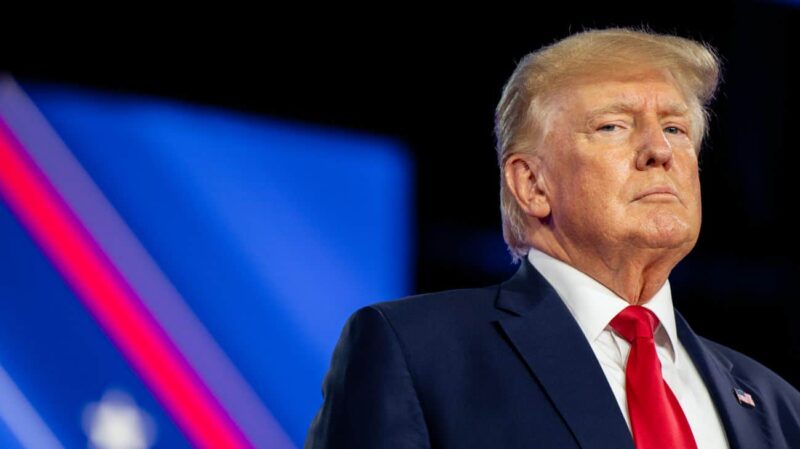Donald Trump signed a decree extending restrictions on Russian vessels’ access to American ports for another year

This decision reflects the ongoing and serious measures that the United States is implementing in response to Russia’s actions and is significant for international shipping policy and security. According to an official document published in the U.S. Federal Register, the Trump administration confirmed that the policies and activities of the Russian Federation’s government continue to constitute a national security and foreign policy emergency for the United States. Therefore, it was decided to extend the previously imposed ban, which restricts vessels related to Russia from entering and stopping at U.S. ports. The document emphasizes that, pursuant to Section 202(d) of the International Emergency Economic Powers Act (50 U.S.C. 1622(d)), Trump officially reaffirmed the support for the restrictions and extended them for an additional year. This means that during this period, Russian vessels will remain barred from entering and operating in U.S. ports — including those affiliated with Russia, which was the basis for implementing this policy during previous administrations. Over the past year, similar restrictions were introduced for the first time under President Joe Biden in April 2022. At that time, the U.S. officially prohibited Russian ships from entering its ports as part of efforts to support the Ukrainian people in their fight against Russia’s full-scale invasion of Ukraine. This decision was part of broader pressure policies on Moscow, which included sanctions, transportation limitations, and diplomatic isolation, reflecting the solidarity of the United States and its allies with Ukraine. This time, in March 2024, Trump — now a presidential candidate and political opponent of the current administration — signed an executive order that extends this emergency regime for another year. This sends a clear signal to the international maritime and trade communities and serves as a reminder of the U.S. deliberate policy to counter Russian aggression and its economic manifestations. Overall, the renewal of these restrictions demonstrates that even with changes in executive leadership, the U.S. maintains its targeted policy of countering Russia on the international stage by utilizing tools such as sanctions and transportation restrictions. This is a crucial element of the West’s comprehensive efforts to ensure regional security and stability, as well as a symbol of non-recognition and opposition to Russia’s actions that threaten international order. Thus, Trump’s decision to prolong the restrictions indicates that even during a transitional period, the United States remains committed to applying pressure on Moscow and supporting Ukraine, employing the most effective tools available to achieve its goals within the current geopolitical context.

